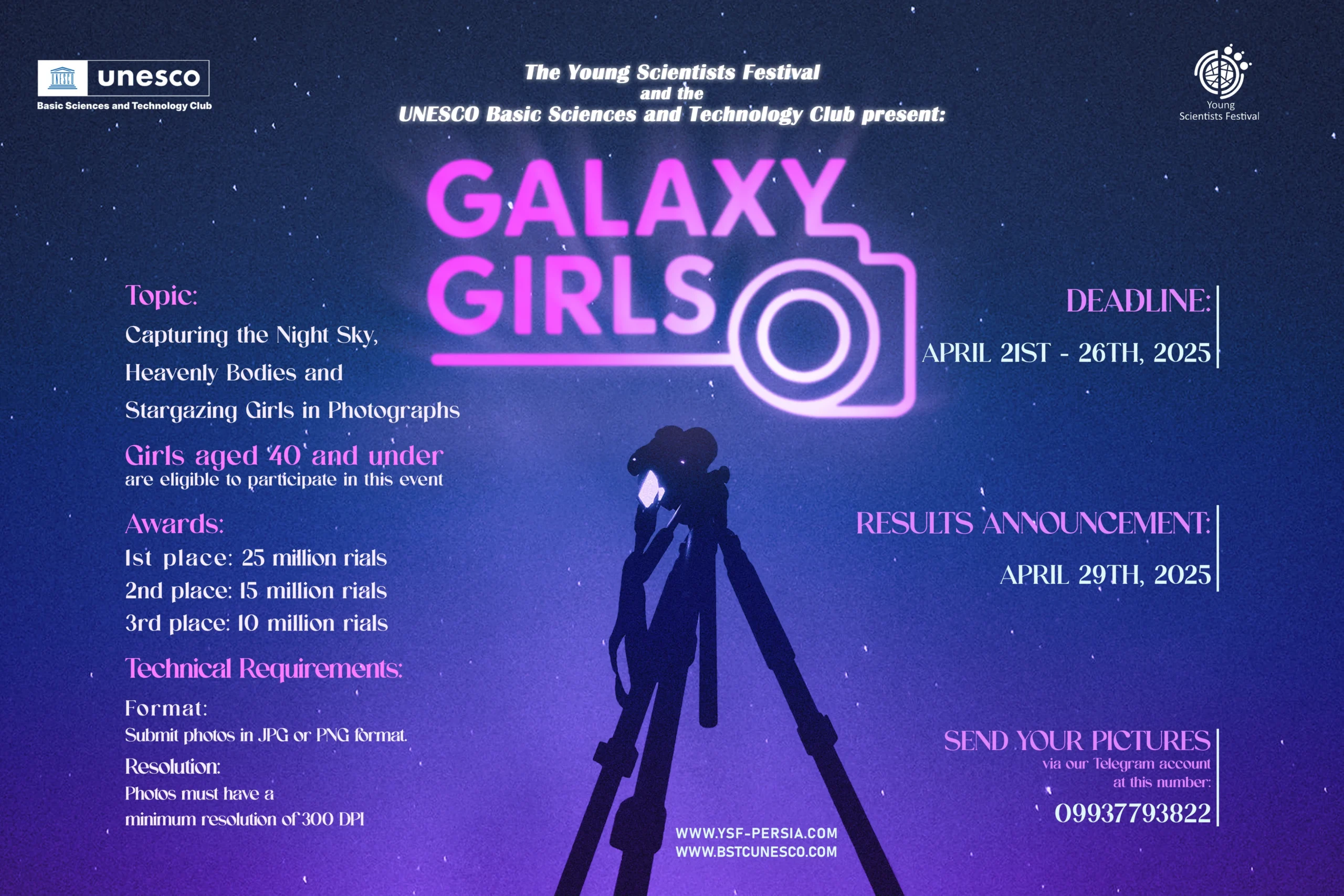Believe it or not, our modern world runs on mathematics. Smartphones, cars, buildings, and even weather forecasts all rely on mathematical principles. Yet despite the central role of math in our lives, a long-standing philosophical question remains:
Was mathematics invented by humans, or was it discovered as a fundamental part of the universe?
The Ancient Origins of Mathematics: From Counting Cows to Abstract Theories
Mathematics is as old as human civilization. Thousands of years ago, early humans used stones or markings on walls to count livestock. Over time, this simple need evolved into complex systems like geometry, algebra, calculus, and abstract reasoning.
Historical evidence shows that basic operations such as addition and subtraction emerged independently in multiple ancient civilizations — including Mesopotamia, Egypt, and India. More advanced mathematical theories trace back to ancient Greece, where thinkers like Pythagoras introduced timeless theorems more than 2,500 years ago.
In the Mind or in Nature? The Core Debate
Throughout history, philosophers have debated the essence of mathematics. Some believe math is part of our internal mental structure — a human creation shaped by logic and necessity.
Others argue that math exists independently of human thought and that we are merely uncovering its truths, just as explorers discover unknown lands.
Platonism: Mathematics Beyond Time and Space
One of the most influential views comes from Plato, who believed mathematical objects exist in a non-physical realm — the “World of Ideas.” According to Platonism, math is not a human construct, but an eternal, unchanging reality that we gradually uncover.
From this perspective, even if the universe were to vanish tomorrow, mathematical truths like the value of π (pi) or the golden ratio would still remain. After all, we see these patterns in everything from flowers and seashells to galaxies and DNA. It’s as if nature itself was written in the language of math.
The Opposing View: Mathematics as a Human Invention
In contrast, anti-Platonist philosophers view mathematics as an invention — a powerful tool humans designed to describe and manipulate the physical world.
According to this view, early humans invented natural numbers (1, 2, 3…) to count objects. As our understanding grew, we developed more complex concepts like negative numbers, irrational numbers, imaginary numbers, and beyond — not because we found them in nature, but because we needed them to solve problems.
Mathematics, in this sense, is like a custom-made toolkit — built by us, for us.
Universal Discoveries or Cultural Constructions?
Supporters of the “discovery” theory argue that if math is truly part of the universe, then any intelligent being — even an alien civilization — would eventually arrive at the same mathematical truths.
For example, the Pythagorean theorem or the Fibonacci sequence would likely be “discovered” by anyone, anywhere in the cosmos.
This suggests that math isn’t just a cultural construct — it’s a universal truth waiting to be revealed.
Is Math the Language of Nature or Just a Clever Tool?
Many refer to math as “the language of nature.” Indeed, countless natural patterns can be described with mathematical formulas — from the spiral arrangement of sunflower seeds to the elliptical orbits of planets.
But does this mean the universe is inherently mathematical? Or have we simply shaped math to fit what we see?
The invention view suggests that the harmony between math and nature comes not from nature itself, but from our human desire to impose order and structure.
Discovery vs. Invention: Is There a Final Answer?
The truth may lie somewhere in between.
Perhaps we discover some parts of math — universal patterns embedded in the fabric of reality.
And perhaps we invent others — conceptual tools that help us express what’s in our minds or solve practical challenges.
In either case, one thing is clear: mathematics continues to work, regardless of what we believe about its origin.
Final Thoughts: The Power and Mystery of Math
Whether it is discovered or invented, mathematics remains one of humanity’s most powerful achievements. It guides our science, powers our technology, and shapes our understanding of the universe.
And perhaps, by exploring the nature of math itself, we move one step closer to answering an even bigger question:
What is the true nature of reality, and what is our place within it?


